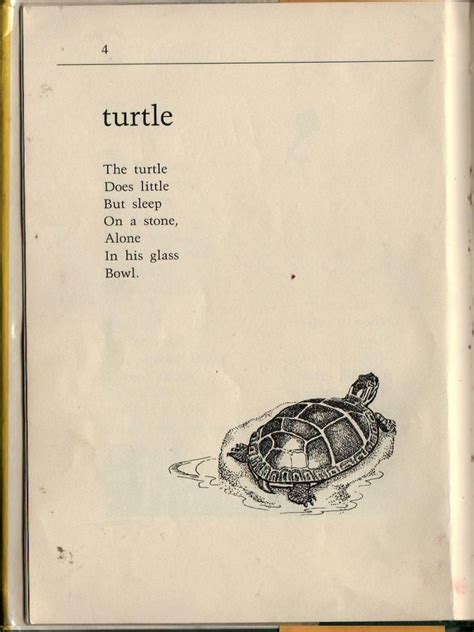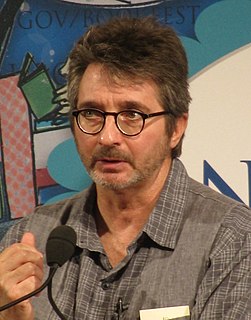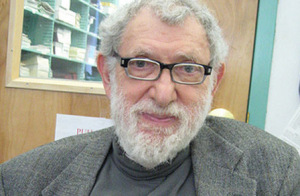A Quote by Mohsin Hamid
Sufi poetry is, in a sense, self-help poetry about how to live a decent life, how to deal with your mortality.
Related Quotes
What poetry is asking us to accept can be difficult. Our proximity to our mortality, the fragility of our existence, how close we live in every moment to nameless abysses, and the way language itself is beautifully, tragically, thrillingly insufficient...these are some of the engines that drive the poem. It's natural to want to turn away from these things. But we have to face them, as best we can, at least sometimes. Poetry can help us in that nearly impossible work.
There's a sameness about American poetry that I don't
think represents the whole people. It represents a poetry
of the moment, a poetry of evasion, and I have problems
with this. I believe poetry has always been political, long
before poets had to deal with the page and white
space . . . it's natural.
I was a violent, self-destructive teenager, who was adopted right at the end of World War II. I was lied to and abused by my parents. I hated life in Utah. I resented the Mormon Church, its sense of superiority and its certitude. I escaped through the Beat writers and discovered poetry and have devoted my entire life to the practice of poetry in varying ways. Poetry gave me a reason for being. And I'm not exaggerating when I say that.
Particularly when I thought of myself as a Wallace Stevens acolyte, I wrote very difficult poetry and I was really guilty of not knowing what I was talking about. I was going for a kind of clever verbal effect. I was trying to sound linguistically or verbally interesting. I had a sense, I guess, from just reading a lot of poetry of how a poem would start and how it would end but really I didn't know what I was doing. It had very little connection to my life.
When people decide to talk publicly about poetry as an art form and how it's received, they often get very abject about it: "Nobody reads poetry," and then a thousand people write back, "No, we read poetry." There's an abundance of this negative preaching to the choir, and it's very similar to the experience I'm having.
I sense the world might be more dreamlike, metaphorical, and poetic than we currently believe--but just as irrational as sympathetic magic when looked at in a typically scientific way. I wouldn't be surprised if poetry--poetry in the broadest sense, in the sense of a world filled with metaphor, rhyme, and recurring patterns, shapes, and designs--is how the world works. The world isn't logical, it's a song.
Poetry is not efficient. If you want to learn how to cook a lobster, it’s probably best not to look to poetry. But if you want to see the word lobster in all its reactant oddity, its pied beauty, as if for the first time, go to poetry. And if you want to know what it’s like to be that lobster in the pot, that’s in poetry too.
That’s what i love about poetry. The more abstract, the better. The stuff were your not sure what the poets talking about. You may have an idea, but you cant be sure. Not a hundred percent. Each word, specifically chosen, could have a million different meanings. Is it a stand-in ?a symbol for another idea? Does it fit into a larger, more hidden, metaphor? ...I hated poetry until someone showed me how to appreciate it. He told me to see poetry as a puzzle. Its up to the reader to decipher the code, or the words, based on everything they know about life and emotions.
I had no one to help me, but the T. S. Eliot helped me. So when people say that poetry is a luxury, or an option, or for the educated middle classes, or that it shouldn’t be read at school because it is irrelevant, or any of the strange stupid things that are said about poetry and its place in our lives, I suspect that the people doing the saying have had things pretty easy. A tough life needs a tough language – and that is what poetry is. That is what literature offers – a language powerful enough to say how it is. It isn’t a hiding place. It is a finding place.







































